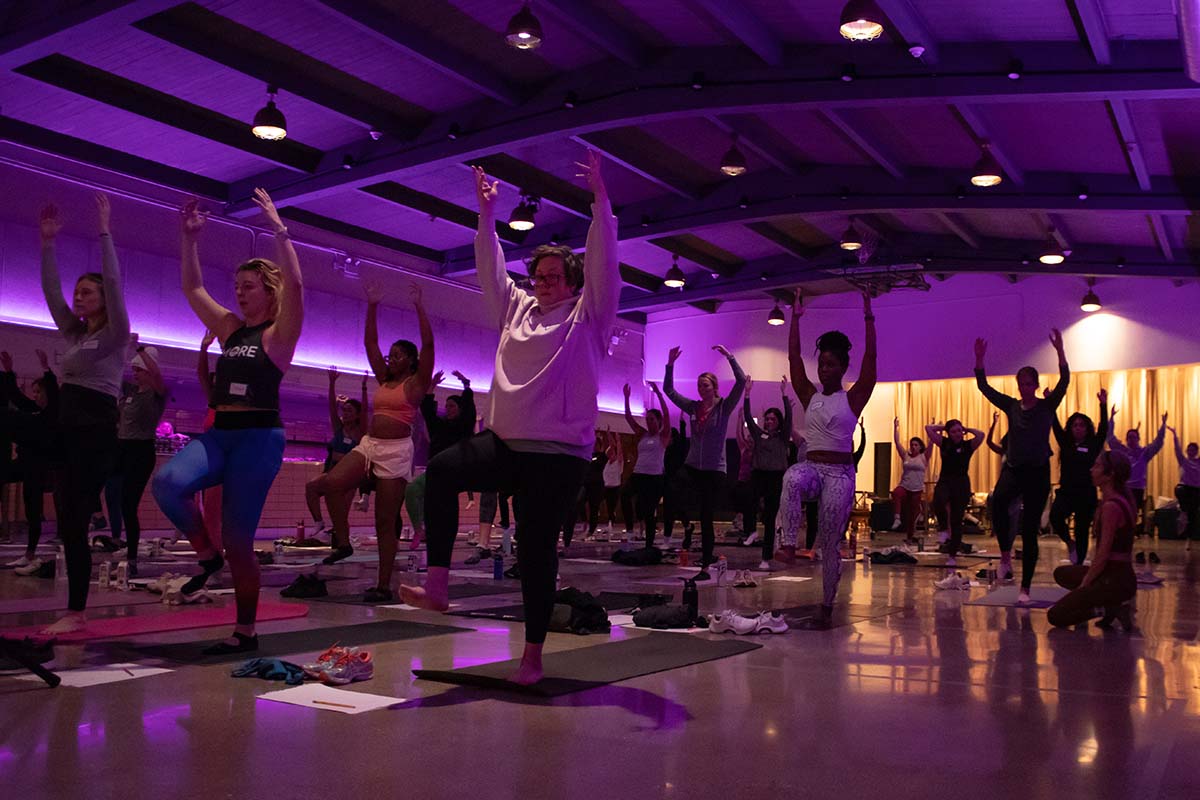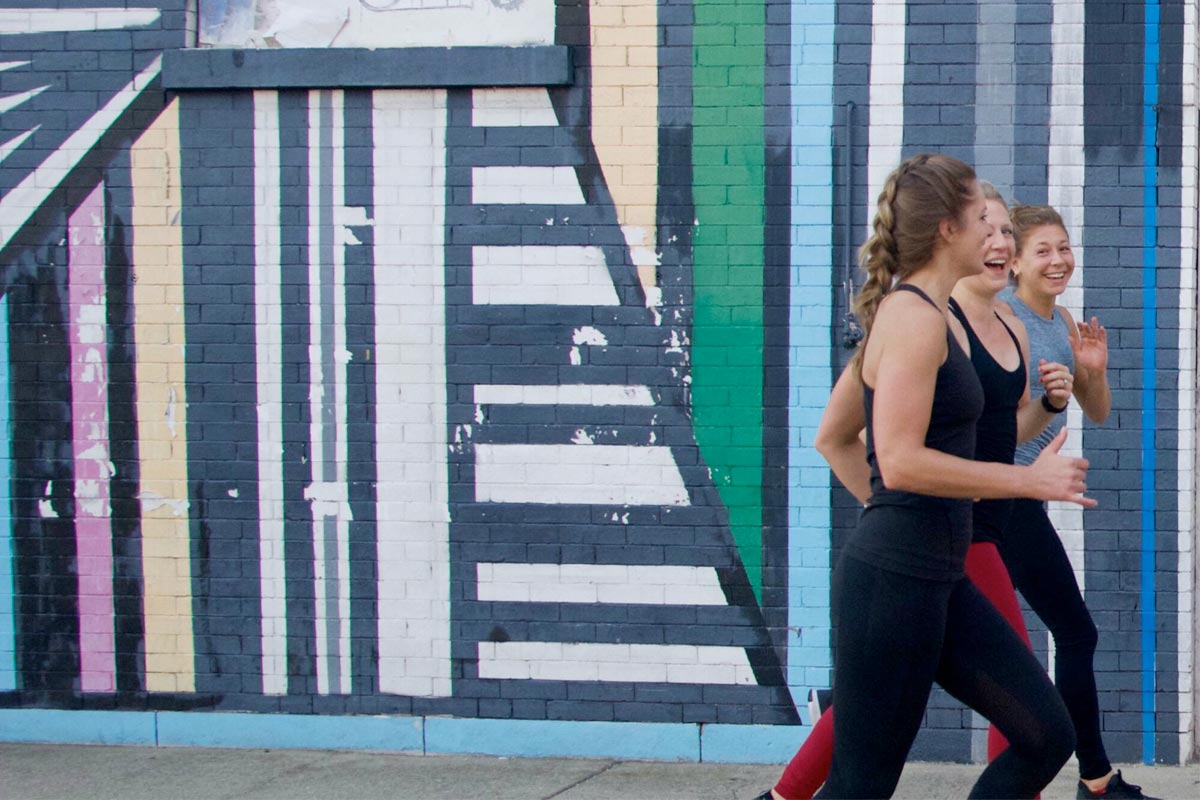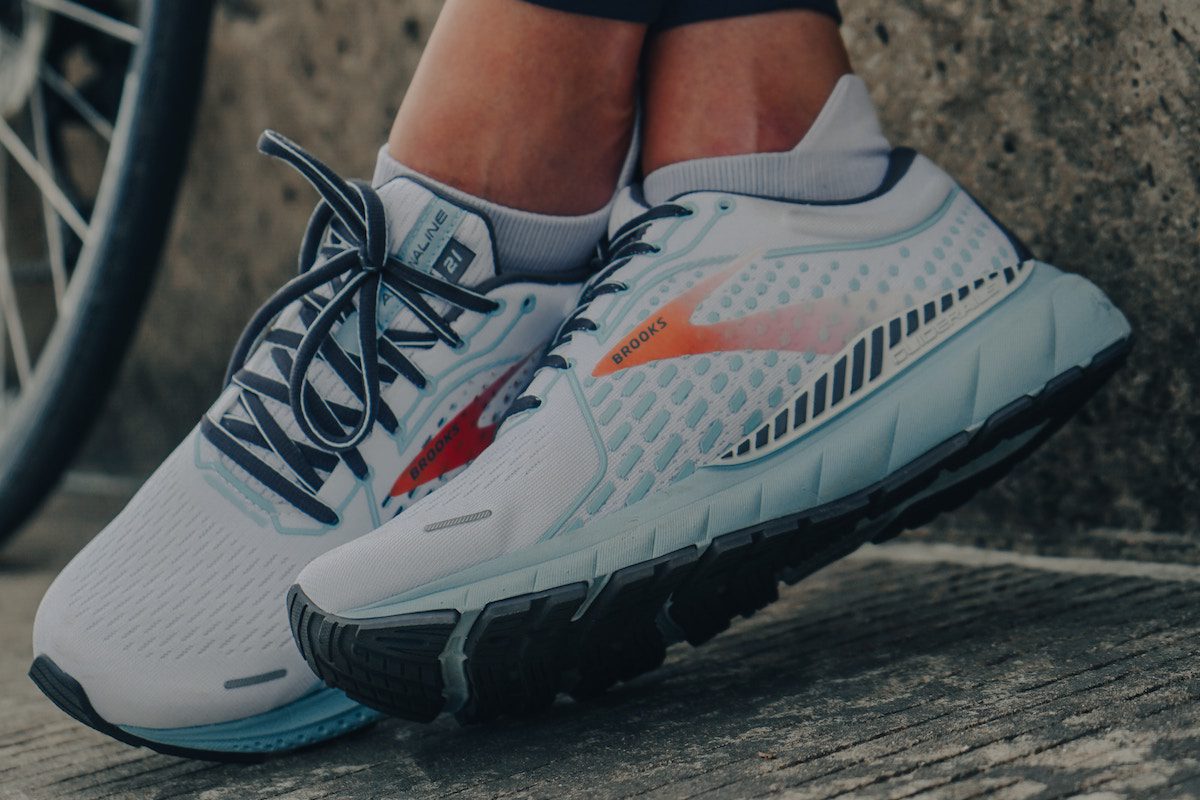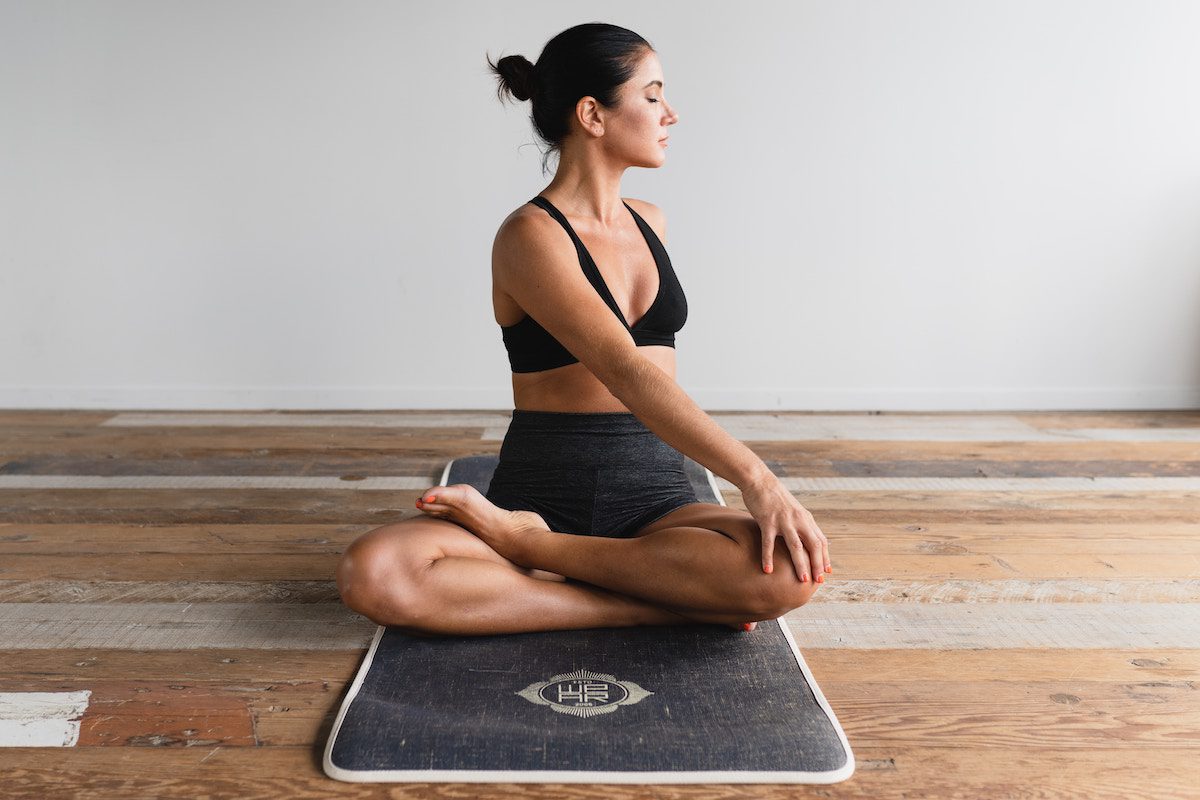How to Find Movement That Brings You Joy
As a therapist, I often tout the benefits of movement for mental health. When someone comes to me feeling depressed, anxious, or a bit out of control, one area that we explore is their access to physical activity.

The benefits of exercise on mental health
There are numerous benefits of exercise for mental health, but some top reasons include:
- Our brains have an increased output of serotonin, endorphins, and stress hormones which leads to increased happiness.
- We can have improved quality of sleep due to releasing energy in our bodies while moving.
- Many people report a higher sense of self-esteem and self-confidence due to setting goals and moving in a growth-oriented direction towards them.
- And – depending on how you choose to move your body – there are opportunities build community. (Related: The Power of the Group Run)
This only scratches the surface on the benefits of exercise for mental health. In addition, a key factor to consider when choosing your movement is how it makes you feel emotionally.
Why you shouldn’t *force* certain types of exercise
In conversations with clients, I often hear them choosing movement that is not authentic to them. I may hear statements like, “My roommate is a runner and even though I have never enjoyed running, I want to be like her.” I might also hear, “My spouse recently took up rock climbing, and even though I get nauseous with heights, they really want me to go with them.”
Hey, I’ve fallen into this trap myself. When I was in college, Zumba was experiencing its moment in the spotlight. Even though dancing makes me feel deeply self-conscious, I tried it because it was the cool new thing. Needless to say, I took one class, felt embarrassed, and never returned.
While there are absolutely benefits of doing activities outside of our comfort zones, there can also be drawbacks. If our reason for exercising is externally motivated, we’re more likely to have a negative experience and not try again. Some examples of external motivators include: wanting to change our body’s shape or size, doing something because “everyone else is doing it,” and feeling competitive with other class participants.
The benefits of exercise with internal motivation
What this means is that when choosing movement, it is important to pay attention to what sparks internal motivation. Internal motivators include activities that are connected to our values and elicit positive emotions like empowerment, joy, and connectedness. You may be wondering what are the benefits of joyful movement. I get it: as an athlete myself, I can fall into the trap of a “no pain, no gain” mentality. But the sustainability of that thought process is futile. Below are some benefits of exercise that is inspired by internal motivation:
- You are more likely to build consistency in your movement routine. I am not a morning person. But this past summer, I found myself waking up to a 5:00 am alarm clock to meet friends for track workouts and long runs. Nine times out of ten, I showed up because I found joy in the camaraderie of my running group.
- You may connect with other people who are like-minded. As a twenty-something living in an urban environment, I have witnessed how challenging it can be to make friends in adulthood. A friend of mine from work has discussed this difficulty. She was able to build more meaningful friendships by joining a Bachata dance class and team. This space for movement brought her joy, as it took her back to time working abroad in Spain and connected her to her Puerto Rican heritage.
- You may build confidence. By choosing movement that brings joy, we are often inspired to improve. While training for a triathlon, I began swimming laps for the first time. I was surprised at how much I enjoyed the meditative quality of swimming, and I found myself looking forward to each scheduled swim. Over the course of my training, I built confidence in my swimming technique and in myself. (Related: A Beginner’s Guide to Swimming)
How to find a workout you love
So, now that you know the benefits of engaging in exercise you enjoy, how do we find those joyful movements? Here are a few ideas to get started:
- Reflect on types of movement that brought you joy as a child. Did you enjoy sprinting around the playground to outrun other kids in tag? Hang from the monkey bars for all of recess? Did you have dance parties or strong man competition? Children have a unique gift of doing what they love at full speed. See if there are any forms of exercise that are connected to your childhood joy.
- Bring a friend with you to move your body. Trying out new forms of movement may provoke some anxiety. That anxiety can be reduced if you have a trusted friend with you. If you both enjoy the movement, you now have a person to connect with for future classes.
- Do what makes you feel empowered. A friend of mine recently transitioned from running long distance to lifting heavy weights. When I asked them why they made the shift, they said that lifting made them feel strong and confident. Pay attention to how you feel and do what feels good.
To maintain our mental and physical health, we all need to move our bodies–but it doesn’t have to be a punishment. Find activities that brings you joy and moving your body will no longer be as difficult.












